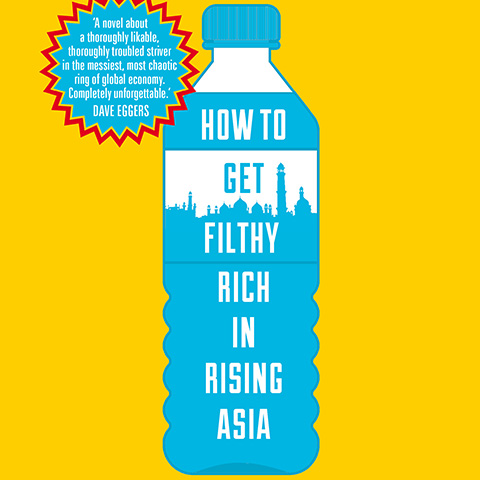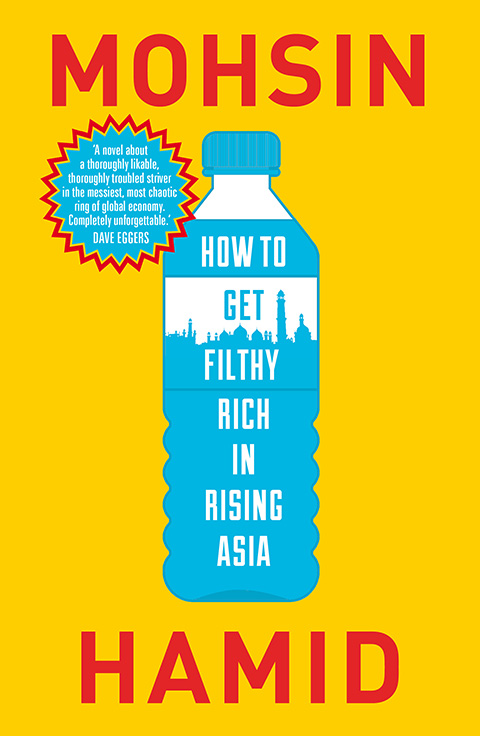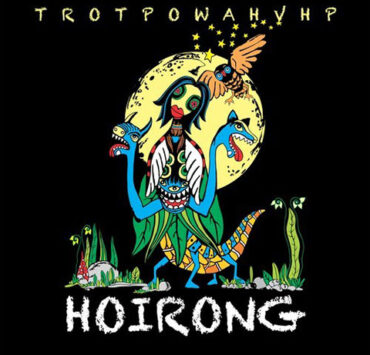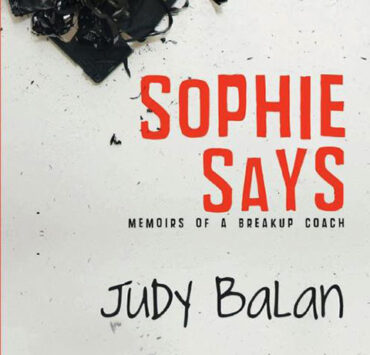I first read Mohsin Hamid at high school at the insistence of a Pakistani friend. The year was 2006 and initially I was sceptical—of South Asian English literature in general, which I found tentative and unstimulating, ceaselessly cast into stereotypes; of the recent flood of largely forgettable first novels; even of the quirkily elusive name of the book, Moth Smoke. (Admit it, it’s a cipher name, that being one more abiding trend in South Asian English literature.) It wasn’t a book I would’ve picked up at the bookstore, but my friend persevered… and, soon afterwards, Mohsin Hamid earned a convert for life.
There’s this thing about this gentleman that you cannot say for many authors from this part of the world—he innovates, and does it successfully and effectively. He goes into unprecedented territories of perspective and narration, breaks form, questions reality, leaps upon the unsuspecting reader from the remnants of the fourth wall; all the while keeping it all rather relevant, never quite winding up on the private island of the accessible-to-the-English-academia-only. They’re all set to release a big-budget commercial film based on his second novel; and this time he springs upon the world exactly what—a self-help book?
I have to give it to Hamid—he has come a long way from cipher book names. How to Get Filthy Rich in Rising Asia has got to be my favourite book name of the year; and while that takes away the element of surprise disguised in a more innocuously named book, it’s quite certainly a more apt kind of naming for that crazy thing he does. So… a self-help book. Except that they’ve put ‘Fiction’ on the back cover, so you never really know. (Don’t go look up the reviews already, you spoiler of surprises! Reviews are other people’s opinion, as are most things written on the back covers of books. And other people’s opinion tends to be debatable. What are you even doing here?)
The book is divided into chapters, and each chapter title is a tip: ‘Move to the City’, ‘Get an Education’, ‘Don’t Fall in Love’, ‘Avoid Idealists’, ‘Learn from a Master’, and so on, a total twelve of them—very pertinent tips, you will agree, on the way of becoming ‘filthy rich in rising Asia’. And each chapter addresses you, the reader of the self-help book, and the imaginary situations that it puts you through are only examples used to explain how this whole thing works.
Your name, for instance, is of no relevance to the subject at hand, and therefore no part of the narrative. Nor is your exact location, since all cities and suburbs of ‘rising Asia’ have largely the same set of conditions; and it’s the generic-ness of them that’s the point this book. You’re given a pair of parents and a pair of siblings, a pretty girl whom you never manage to fall out of love with, and sundry other relatives, associates, acquaintances—all by the way of example, of course—all regular characters in the life of the everyman in rising Asia, who catapults himself from poverty to filthy richness by following the right tips. It is a curious way to tell a story, stripping it down to the bare basics and making it a non-story after all. It is also a rather thorough introspection on self-help books—the kind of stuff we aspiring young people in Asia read obsessively (I’ve read a few in my time)—and the ways they work, how much they really help you, which parts they forget to teach you, and how those tips may actually manifest in your life.
All that said, How to Get Filthy Rich in Rising Asia is a refreshingly intelligent book. It makes you think, makes you turn your attention to lives and situations that you may not have considered before. It doesn’t hurt that the occasional passage is an eloquent, poignant reflection on human choices and human limitations; surprising in a book where the characters are not meant to be individuals but stereotypes—surprising, but not entirely unpleasant. I will not summarise the plot for you. The plot is always best (and only authentically) told by the person who has written it in the first place. If this review has managed to intrigue you, I’d rather suggest you go read the book now.
[Penguin Books; ISBN 9780670086375]









